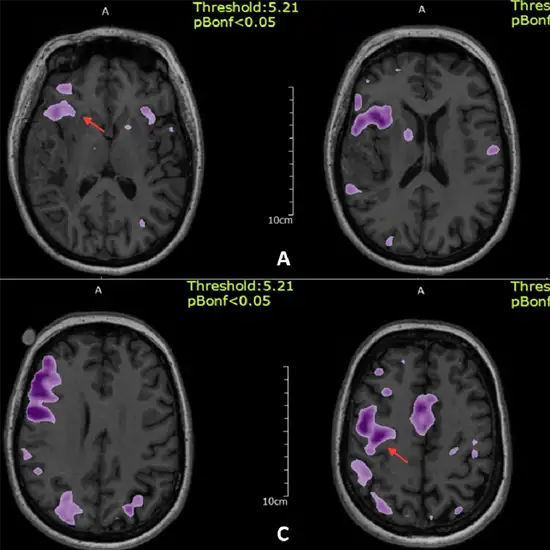
Book KUB Ultrasound Appointment Online Near me at the best price in Delhi/NCR from Ganesh Diagnostic. NABL & NABH Accredited Diagnostic centre and Pathology lab in Delhi offering a wide range of Radiology & Pathology tests. Get Free Ambulance & Free Home Sample collection. 24X7 Hour Open. Call Now at 011-47-444-444 to Book your KUB Ultrasound at 50% Discount.
Book Kidneys, Ureters, and Bladder (KUB) Ultrasound test at an affordable cost in Delhi areas from Ganesh Diagnostic & Imaging Centre.
USG KUB test is an ultrasonography (USG) or ultrasound of the lower abdomen which evaluates the condition of your kidneys, ureters, and urinary bladder (KUB). In the case of males, seminal vesicles and prostate glands are also encompassed in this test.
Suppose you exhibit symptoms such as frequent urination, unintended pee after coughing and sneezing, inability to delay the need to urinate, and straining while urinating. In that case, a KUB ultrasonogram will be performed.
This test is typically administered to detect alterations in kidney size, symptoms of kidney damage, blockages such as kidney stones and tumours, and structural abnormalities in the KUB region. This imaging technique is cost-effective, noninvasive, and exposes the patient to the most negligible radiation, making it safe for pregnant women.
The Sonography Technician will explain.
No preparation is needed. You should wear loose-fitting clothing.
No care is required.
The cost of an Ultrasonography for Kidney, Ureter and Bladder (USG KUB) Test in Delhi starts at INR 1000 to 2000 also it's varies depending on the diagnostic centre.
To provide hassle-free diagnostic service we also provide online service to book your appointment. At Ganesh Diagnostic, you can book KUB Ultrasound tests online by scheduling your appointment. Schedule now for a comprehensive health assessment. We are 24/7 Available at your service.
| Test Type | KUB Ultrasound |
| Includes | KUB Ultrasound (Ultrasounds) |
| Preparation |
|
| Reporting | Within 3-4 hours* |
| Test Price |
₹ 1500
|

You will need to drink a glass of water one hour before your scan. During this period, please do not empty your bladder. Generally, no prior preparation such as fasting or sedation is necessary.
Typically, the kub ultrasound will take about 20-30 minutes.
Yes, A full bladder is required and you will need to drink a glass of water 1 hour before your scan.
Yes, kub ultrasound can detect alterations in kidney size, symptoms of kidney damage, blockages such as kidney stones and tumors, and structural abnormalities in the KUB region.
Early check ups are always better than delayed ones. Safety, precaution & care is depicted from the several health checkups. Here, we present simple & comprehensive health packages for any kind of testing to ensure the early prescribed treatment to safeguard your health.